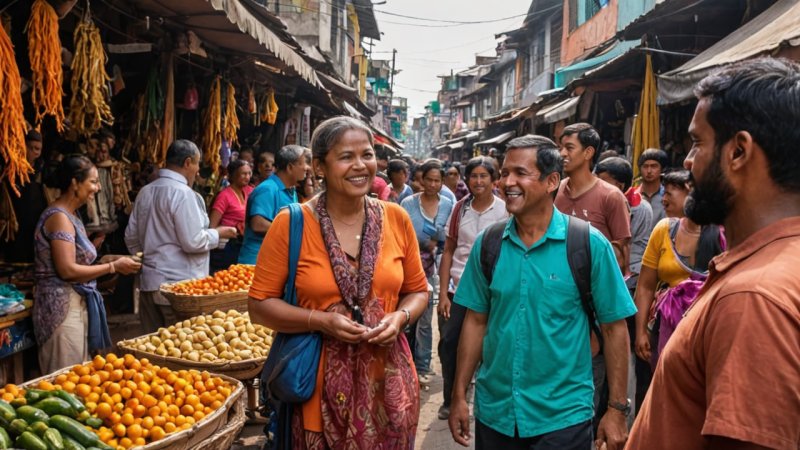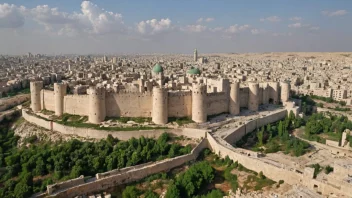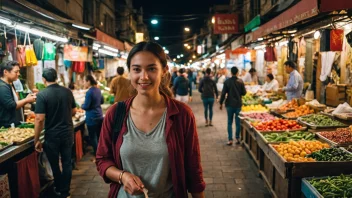When traveling, understanding the local environment can be crucial for ensuring your safety. Local knowledge encompasses insights about the culture, customs, and potential risks that may not be apparent to outsiders. This article addresses common questions regarding the significance of local knowledge in travel safety.
Why is local knowledge important for safety while traveling?
Local knowledge provides travelers with insights into cultural norms, potential dangers, and safe practices unique to each destination. This understanding can help avoid misunderstandings, enhance communication with locals, and prevent dangerous situations.
How can local knowledge enhance my travel experience?
Having local knowledge allows travelers to engage more authentically with the culture, discover hidden gems, and enjoy experiences that are off the typical tourist path. It can lead to a richer, more immersive travel experience.
What are some ways to acquire local knowledge before traveling?
- Research online through travel blogs, forums, and social media.
- Consult guidebooks that focus on cultural insights and safety tips.
- Engage with locals through community platforms or language exchange groups.
- Join travel groups or attend pre-travel seminars that emphasize cultural awareness.
What should I be aware of in terms of local customs and etiquette?
Each culture has its own customs and etiquette that can impact safety. Being aware of local greetings, dress codes, and social norms can help you avoid unintentional offenses. Researching these aspects can provide a smoother and safer travel experience.
How can I stay safe by understanding local laws and regulations?
Different countries have varying laws, and what may be acceptable in one culture could be illegal in another. Familiarizing yourself with local laws, especially concerning behavior, transportation, and photography, is vital to ensure compliance and safety.
What role does language play in local knowledge and safety?
Language can significantly affect your safety while traveling. Knowing basic phrases in the local language can help you navigate situations more effectively, seek assistance, and communicate your needs. It fosters goodwill and respect among locals.
Can local knowledge help in emergency situations?
Yes, having local knowledge can be invaluable during emergencies. Understanding how to access local services, such as police, medical assistance, or even knowing safe areas, can make a critical difference in crisis situations.
Are there risks to relying solely on travel guides or apps for local knowledge?
While travel guides and apps can provide useful information, they may not always reflect the latest changes or nuances of a destination. Local knowledge, often acquired through direct experiences or interactions with residents, can offer a more accurate and timely perspective.
What are the benefits of engaging with locals during my travels?
Engaging with locals can lead to a deeper understanding of the place you are visiting. Locals can share firsthand experiences, provide recommendations that aren’t in guidebooks, and help you navigate potential hazards, enhancing both your safety and enjoyment.
How can I ensure I respect local customs while traveling?
To respect local customs, approach your travels with an open mind and a willingness to learn. Observing how locals behave, asking questions when unsure, and following any cultural guidelines will help you demonstrate respect and enhance your safety.
In conclusion, understanding and utilizing local knowledge is essential for ensuring safety while traveling. It enriches your travel experience, helps you navigate potential risks, and fosters positive interactions with the local community. Embrace the opportunity to learn and engage with the places you visit, as this can lead to unforgettable adventures.






